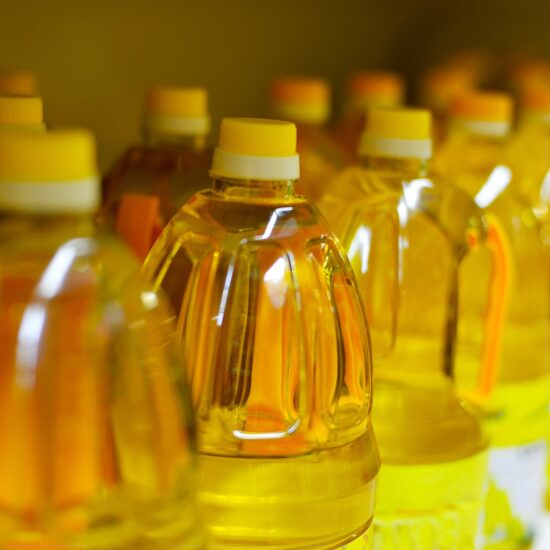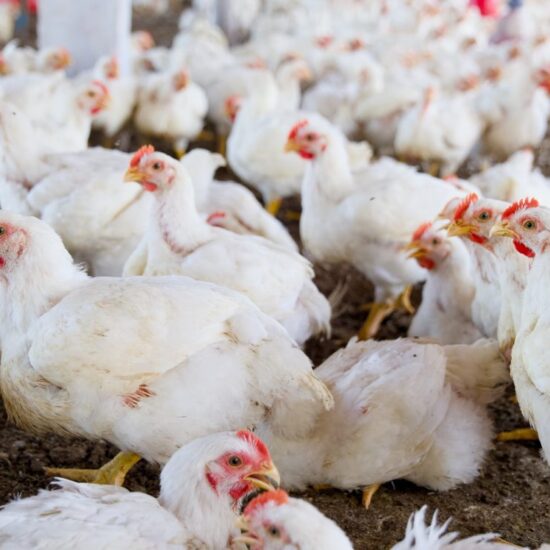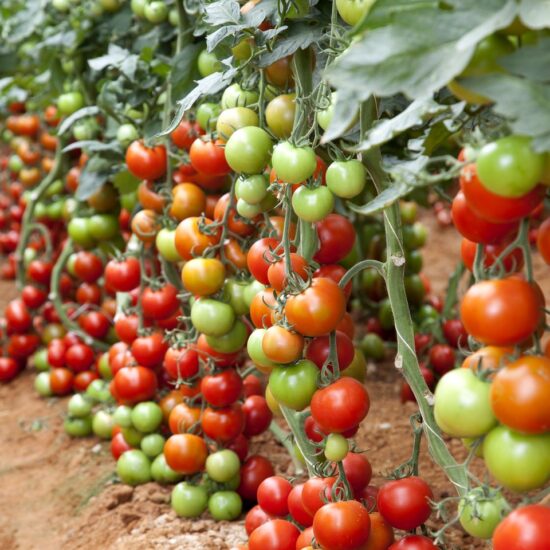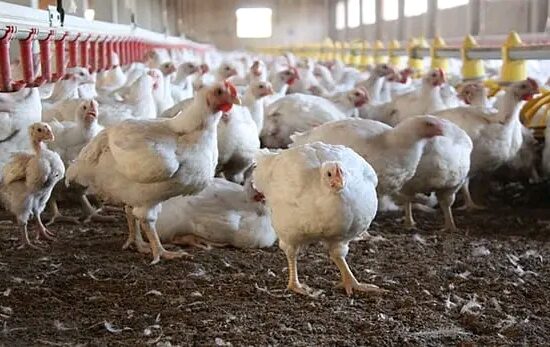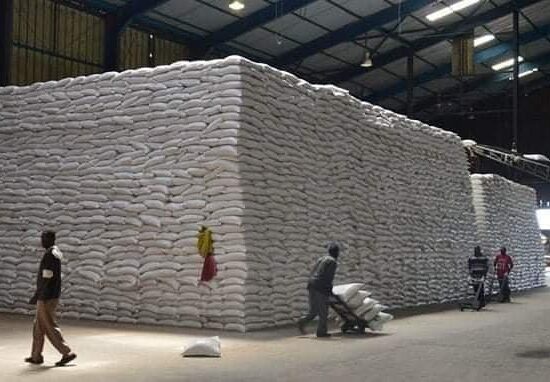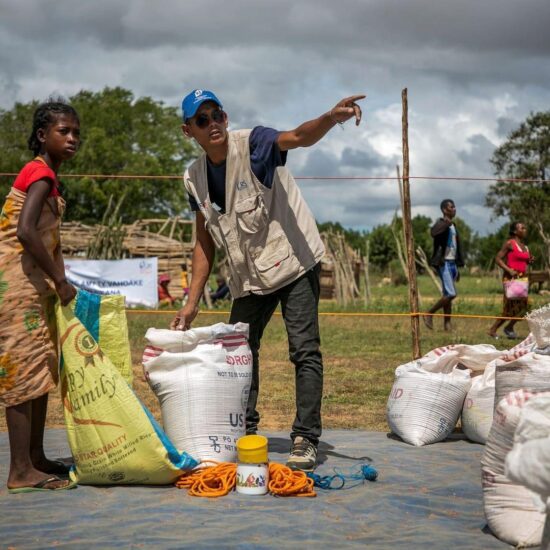
Following government’s intentions to start distributing farming inputs to 58 districts earmarked for winter maize production, an agriculture technology expert has revealed that winter maize will come with an added cost of over 30% because of the cost of irrigation compared to rain fed maize.
Government through the Ministry of Community Development revealed its intensions to start distributing farming inputs to 58 Districts in the country ready to start planting winter maize following the drought which has affected most parts of the Country.
speaking in an exclusive interview with the Zambian Business Times – ZBT, agriculture technology expert Jonah Banda said growing winter maize is a great idea but will incur obvious costs of irrigation.
Banda said that Winter maize farming in the short term will greatly depend on commercial farmers.
He said that there is therefore a need to encourage commercial farmers to put in their best in winter maize production.
He further noted that there is also need for collaboration between commercial farmers and small scale to ensure sustainable winter maize production.
Banda therefore emphasized on the need need for water harvesting strategies to see farmers through the winter period to ensure easy irrigation.
“Winter maize farming in the short term will greatly depend on commercial farmers because they have the ability to irrigate today. So the idea is to encourage commercial farmers to farm and of course winter maize will come with a little bit of an added cost of over 10 to 30%. So they should be able to sell it more than the rain fed maize but it is attainable if the commercial farmers participate fully,” he said.
“On the small scale farmers, I don’t see us filling the gap this year but that is where the commercial farmers come in. so what has to happen is that there has to be a collaboration between commercial farmers and small scale farmers. Since commercial farmers have access to the water for example if you see the way areas such as Serenje, Mkushi are, small scale farmers are next to Mkushi farmers. So if they are able to share the water, I think that can work. So it’s either commercial farmers grow the winter maize or they collaborate with small scale farmers to provide them with cheaper water,” said Banda.
Banda noted that borehole irrigation will be very costly because there will be need for more pumps as opposed to water harvesting in dams.
He further noted that borehole irrigation is a long term strategy that requires a balance between its environmental impacts and the cost of water harvesting to make it available for irrigation.
“Growing winter maize is a great idea but there is that obvious cost of irrigation of that has to be considered. There is need for water harvesting strategies so that by the time winter comes we should be able to easily irrigate the fields and to irrigate the fields from boreholes will be very costly because we will have to go lower so there will be need for more pumps as opposed to water harvesting on the surface where we can just dam some of these little streams in certain areas and use that water during winter times,” he said.
“I feel like it will be a long term strategy to balance the environmental impact but as well as balancing the cost to harvesting that water so that there is water available for irrigation,” said Banda.


